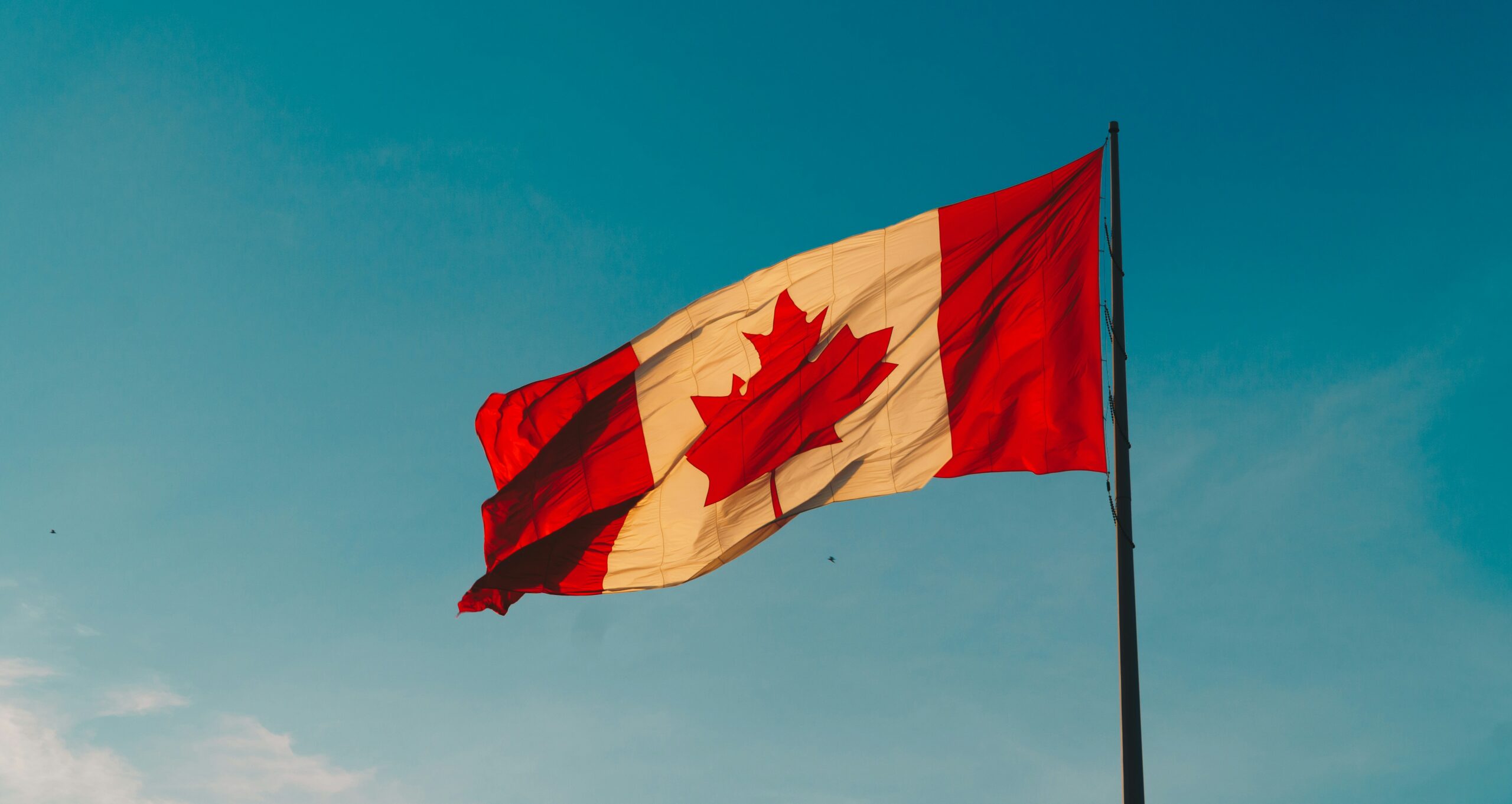Following the surprise election victory of Canada’s new Prime Minister Mark Carney, reactions from U.S. and Canadian leaders have varied from diplomatic optimism to outright defiance. On Chicago’s Morning Answer, Canadian radio host and Toronto Sun columnist Jerry Agar joined Dan Proft and Amy Jacobson to offer insight into what Carney’s rise means for Canada, U.S.-Canada relations, and the broader political landscape.
President Trump took a surprisingly conciliatory tone when asked about Carney, saying he had a “very nice” call with the new Canadian leader and anticipates meeting with him at the White House soon. The former president added that Carney’s opponent, Conservative leader Pierre Poilievre, “probably hated Trump more than the so-called liberal.”
Agar was perplexed by Trump’s claim. “That’s just not true,” he said, noting that Carney’s rhetoric has been far more openly hostile toward Trump and U.S. trade policy than anything Poilievre ever voiced. During his victory speech, Carney described U.S. actions under Trump as “betrayal,” and declared Canada’s era of postwar economic alignment with the United States “over.”
“He’s a gentleman until you disagree with him,” Agar said of Carney, noting that his polished demeanor masks a strong ideological agenda. Carney, a former central banker and climate activist, is a vocal proponent of carbon taxes, net-zero targets, and a more expansive federal government. His policy focus, Agar warned, could mean hundreds of billions in new spending and burdensome regulation for Canadians.
Meanwhile, Alberta Premier Danielle Smith responded to Carney’s win with a fiery statement rejecting Ottawa’s overreach. “Alberta has had enough,” she said, attacking Carney’s climate agenda, crime policies, and what she described as a “screw the West” mentality. According to Agar, Smith’s influence is growing both within Alberta and nationally, particularly as young Canadians continue to leave other provinces for Alberta’s more economically free environment.
“There’s even talk of a referendum on leaving Canada and joining the United States,” Agar said. “It won’t pass, but it shows just how frustrated Albertans are.”
Back in Ottawa, Poilievre now finds himself out of Parliament entirely after losing his seat—a district he had held for two decades. Despite the personal setback, the Conservative Party increased its seat total by 26 and made gains in places like Ontario and Windsor. Agar pointed out that Poilievre’s total vote count didn’t collapse—the left simply consolidated behind the Liberal Party as voters from the far-left NDP fled their own party to block what they saw as a Canadian version of Trump.
“The left freaked out,” said Agar. “They saw Poilievre as Trump’s twin, and that was enough to drive them into Carney’s arms.”
He also acknowledged a potential misstep by Poilievre: proposing to reduce the size of Canada’s federal government via attrition. While economically sound, the plan may have cost him votes in his own Ottawa-area riding, home to many government employees.
Looking forward, Agar was skeptical of how Carney will manage relations with Trump, especially given the growing backlash to Trump’s tariff policies among American businesses and lawmakers. U.S. companies like Caterpillar are already sounding alarms over declining sales, and members of both parties are questioning the impact of sweeping tariffs on trade partners like Canada.
“If Carney shows up in Washington and tries to play tough, it won’t go well,” Agar warned. “But if he’s smart, he’ll let Trump have the win on a trade deal and move on.”
Despite the political theatrics, Agar noted that Canadian voters—like their American counterparts—are increasingly focused on pragmatic issues like energy, inflation, and housing. While Carney kept a lid on Trudeau-era social issues during his campaign, Agar predicted those policies will re-emerge now that the election is over.
“Anybody who thinks Mark Carney is suddenly a centrist is delusional,” Agar said. “But he sold it well enough to win.”
As always, the relationship between the U.S. and its northern neighbor will be tested by political personalities, trade tensions, and competing visions for the future. But as Jerry Agar made clear, one thing is certain: don’t underestimate how much Trump still influences politics on both sides of the border.





